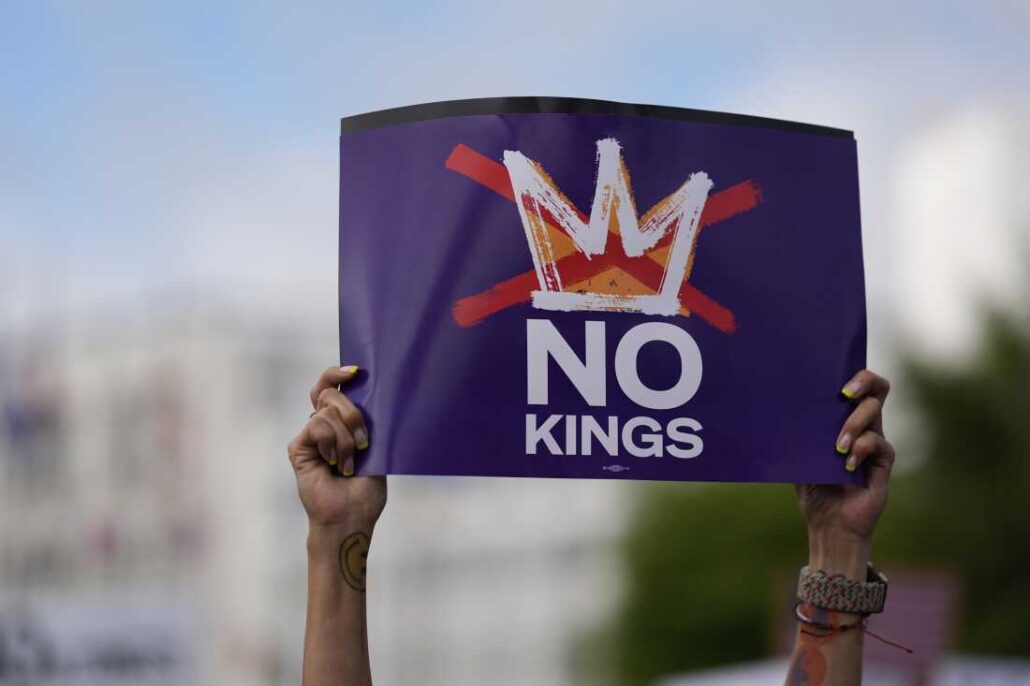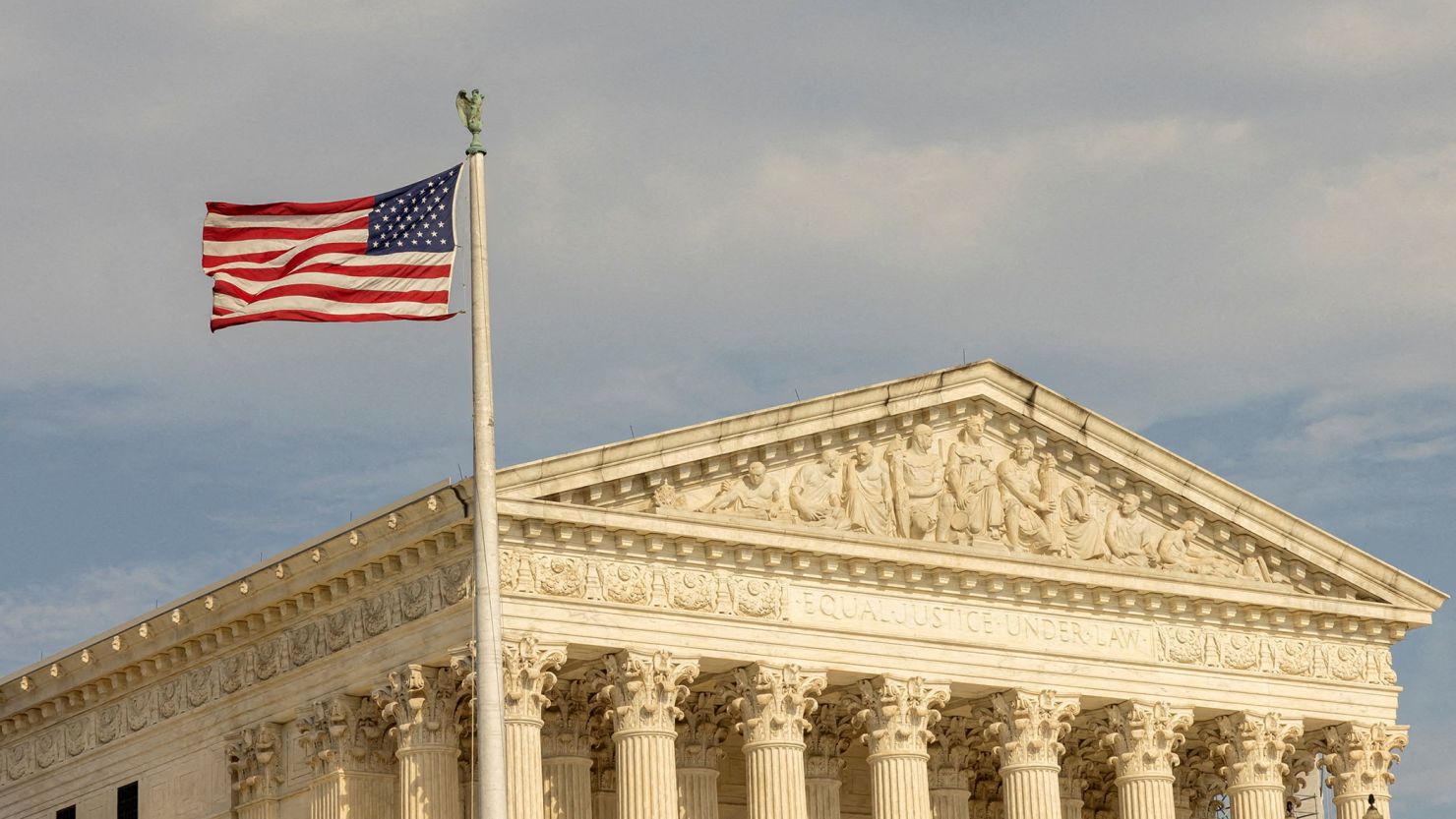The actor Mark Ruffalo joined the demonstrators this past Saturday, declaring, “We see a president who has made himself a king and dictator.” Across the country, millions marched under the rallying cry: No Kings. For many, these protests were a vital expression of democratic dissent. For others, the movement lacked the clarity or unity to earn their full support.
Rebellion is nothing new. In this week’s Torah portion, we read of another uprising—one not against a president, but a prophet. Korach, a Levite and member of the priestly clan, rose up against Moses. He was not alone. “With him were two hundred and fifty chieftains of the community, chosen in the assembly, men of repute” (Numbers 16). These were not agitators on the fringe. They were the respected leadership class.
Yet the Torah casts their revolt as unholy. Unlike modern narratives of righteous protest, Korach’s challenge was met with divine judgment. Moses confronts the rebels with a spiritual test—and the earth swallows them whole.
What made Korach’s rebellion so problematic? Was it his message or his method?
Korach argued for a more egalitarian model of leadership. “All the community are holy,” he declared. The sentiment might resonate with democratic ideals. But the Torah suggests that righteous ends do not justify self-serving or destructive means. Ego and ambition may have driven Korach’s confrontation, not a higher moral calling. His advocacy lacked both humility and context.
One telling aspect of the story is who didn’t participate. The masses, often quick to grumble and complain during the wilderness journey, stayed home. This revolt was led by elites, not embraced by the people. Did the public sense something profane in Korach’s cause? Or were they simply excluded from a power struggle among leaders?
Today, as in biblical times, we are often caught between charismatic challengers and flawed incumbents. The story of Korach cautions us not to confuse power or passion with righteousness. It reminds us to question both our leaders and their critics.
In moments of political crisis, we must not abdicate our moral judgment. We cannot rely solely on public figures, no matter how revered or influential. Our duty is to discern the difference between holy dissent and hollow ambition. We must seek out truth, remain grounded in justice, and ensure that our protests are infused not just with fury—but with holiness.
Rabbi Evan J. Krame





